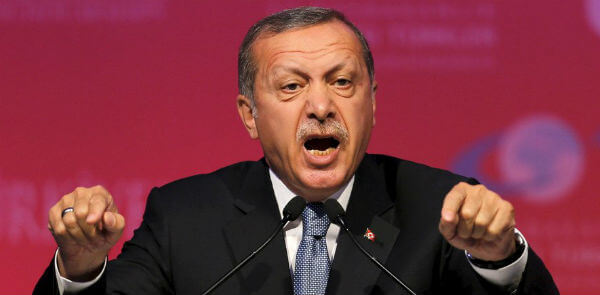
The Economist: Much is unknown about the attempted military coup in Turkey on the night of July 15th. Why was it botched so badly? How far up the ranks did the conspiracy reach? Were the putschists old-style secularists, as their initial communiqué suggested; or were they followers of an exiled Islamist cleric, Fethullah Gulen, as the government claims?
But two things are clear. First, the people of Turkey showed great bravery in coming out onto the streets to confront the soldiers; hundreds died (see article here and here). Opposition parties, no matter how much they may despise President Recep Tayyip Erdogan, united to denounce the assault on democracy. Better the flawed, Islamist-tinged strongman than the return of the generals for the fifth time since the 1960s.
The second, more alarming conclusion is that Mr Erdogan is fast destroying the very democracy that the people defended with their lives. He has declared a state of emergency that will last at least three months. About 6,000 soldiers have been arrested; thousands more policemen, prosecutors and judges have been sacked or suspended. So have academics, teachers and civil servants, though there is little sign they had anything to do with the coup. Secularists, Kurds and other minorities feel intimidated by Mr Erdogan’s loyalists on the streets.
The purge is so deep and so wide — affecting at least 60,000 people — that some compare it to America’s disastrous de-Baathification of Iraq. It goes far beyond the need to preserve the security of the state. Mr Erdogan conflates dissent with treachery; he is staging his own coup against Turkish pluralism. Unrestrained, he will lead his country to more conflict and chaos. And that, in turn, poses a serious danger to Turkey’s neighbours, to Europe and to the West.
The failed putsch may well become the third shock to Europe’s post-1989 order. Russia’s annexation of Crimea and invasion of eastern Ukraine in 2014 destroyed the idea that Europe’s borders were fixed and that the cold war was over. The Brexit referendum last month shattered the notion of ineluctable integration in the European Union. Now the coup attempt in Turkey, and the reaction to it, raise troubling questions about the reversibility of democracy within the Western world — which Turkey, though on its fringe, once seemed destined to join. [Continue reading…]

